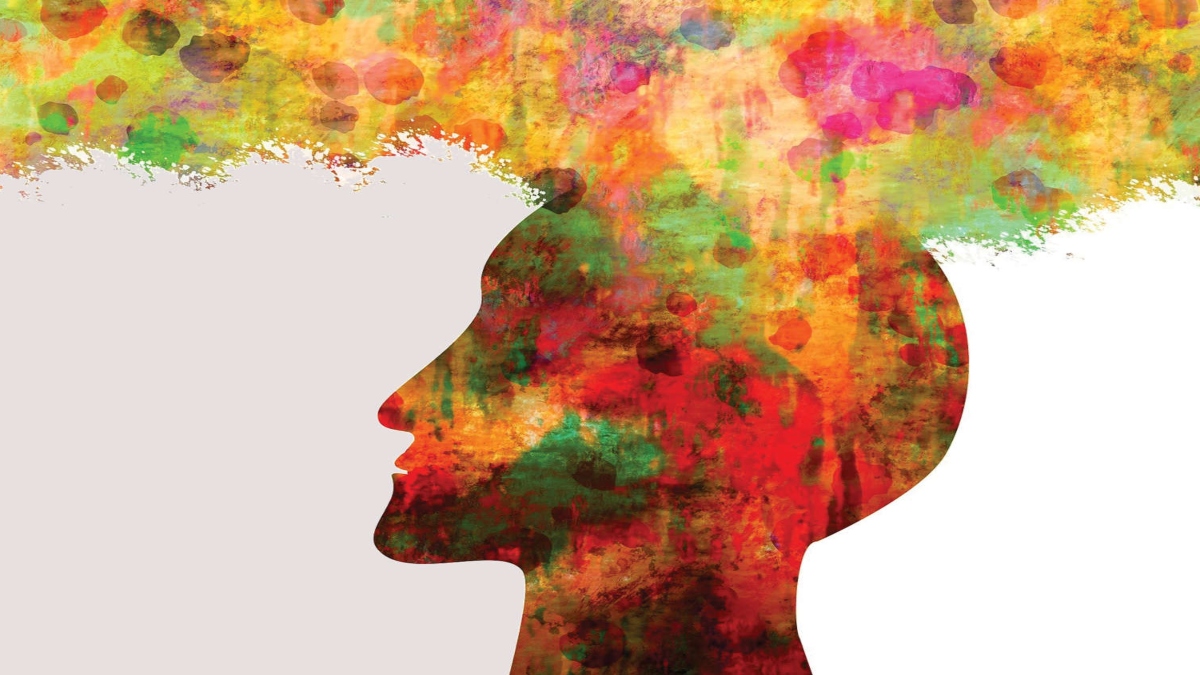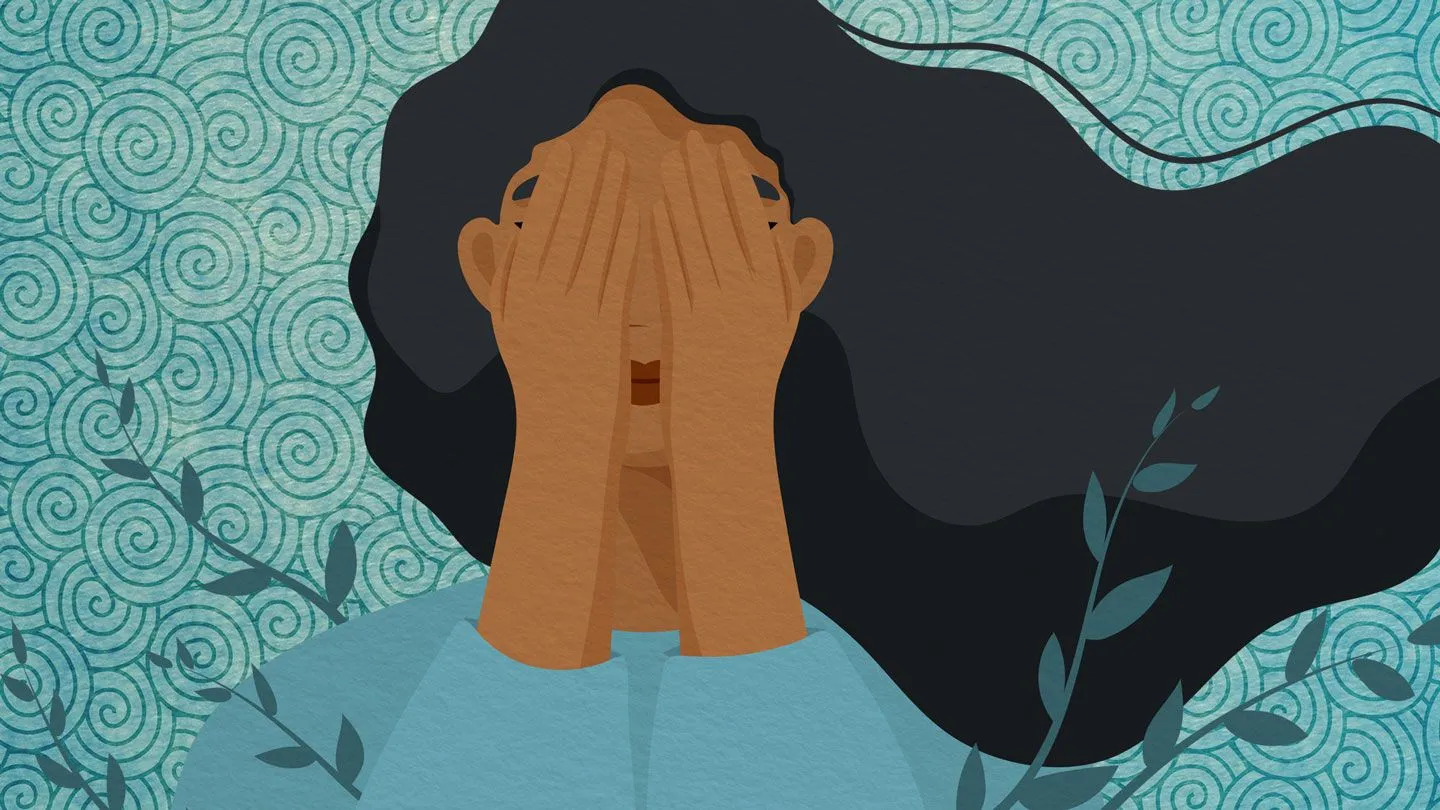Corruption is a malady that has afflicted human societies for a long time. Much research has been done into corruption by experts, and governments have put in place legal and procedural mechanisms to prevent, detect, and punish corrupt practices. Yet corruption is rife in the world. That is because it has not been tackled at its root. The root of the problem—as is the case with every problem human’s face—is spiritual.
Most people in the world are ignorant of the fact that they are souls, and instead, identify themselves with their bodies. When we see ourselves as physical beings and not spiritual beings, our entire perspective changes. The body is mortal, so fear of death lurks at the back of the mind. It gives rise to the dread of losing everything that one loves. This leads to attachment—the desire to hold on to things and people who are a source of happiness, strength or support for us.
Believing that one is a body also encourages the idea that one should enjoy life so long as one is alive. This fuels a desire for material possessions or sensory experiences that provide pleasure, even if it is momentary. The experience can be addictive, leaving one wanting more and more of the same.
It is easy to see how this leads to corruption. A person chasing after objects, physical pleasures or just the sense of security that a large hoard of money provides, would look to enrich himself by any means. Once such a person’s greed gets the better of their conscience, corrupt activity begins.
The psychological process that culminates in corrupt thoughts and actions can be reversed and eliminated by the practice of spiritual awareness.
When we recognise that we are souls and keep reminding ourselves of this fact, the soul’s innate qualities of purity, peace, and love start emerging, and they are expressed in our behaviour.
We do not experience these qualities of the soul all the time because we are always look-ing for them outside. When we turn our gaze inward and remind ourselves that we are souls, sentient points of light, children of the Supreme Soul, our true goodness comes forth and is gradually strengthened. The process is simple—where our attention goes, there energy flows, and that part of us gets strengthened.
One who has learnt to enrich himself in this way feels peaceful, happy, and strong. This inner fulfilment ends neediness and greed, and there is no longer any attraction to objects or sensory experiences. It is when we are empty inside that physical possession or stimuli attract us with their promise of joy or a sense of power or achievement.
Knowing that the soul is immortal, takes rebirth, and has to account for its actions either now or in future lives makes us watchful of our thoughts, words, and activities. As per the law of cause and effect, also called the law of karma, the better the quality of our thoughts and actions, the happier our future will be. One who is aware of these spiritual truths will not resort to corrupt practices, knowing well that they will ultimately bring sorrow.
B.K. Geeta is a Rajyoga teacher at the Brahma Kumaris headquarters in Abu Road, Ra-jasthan.























